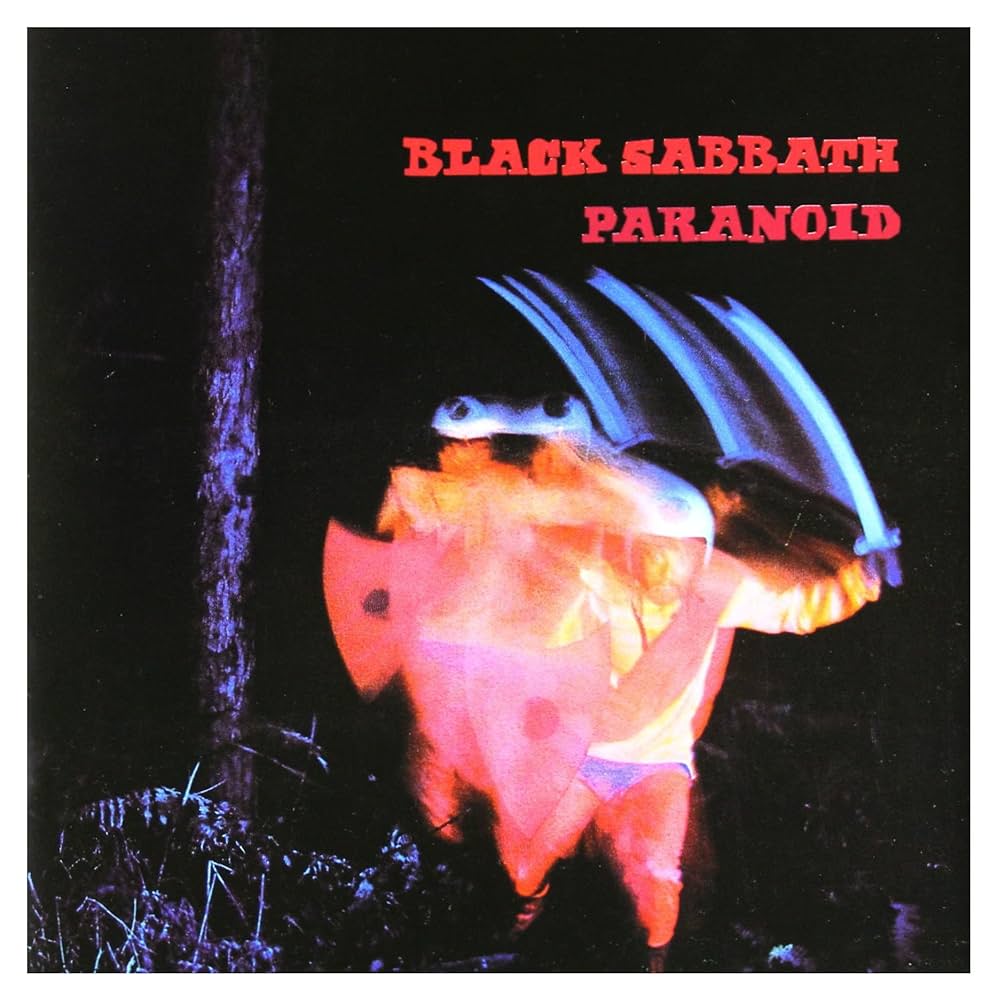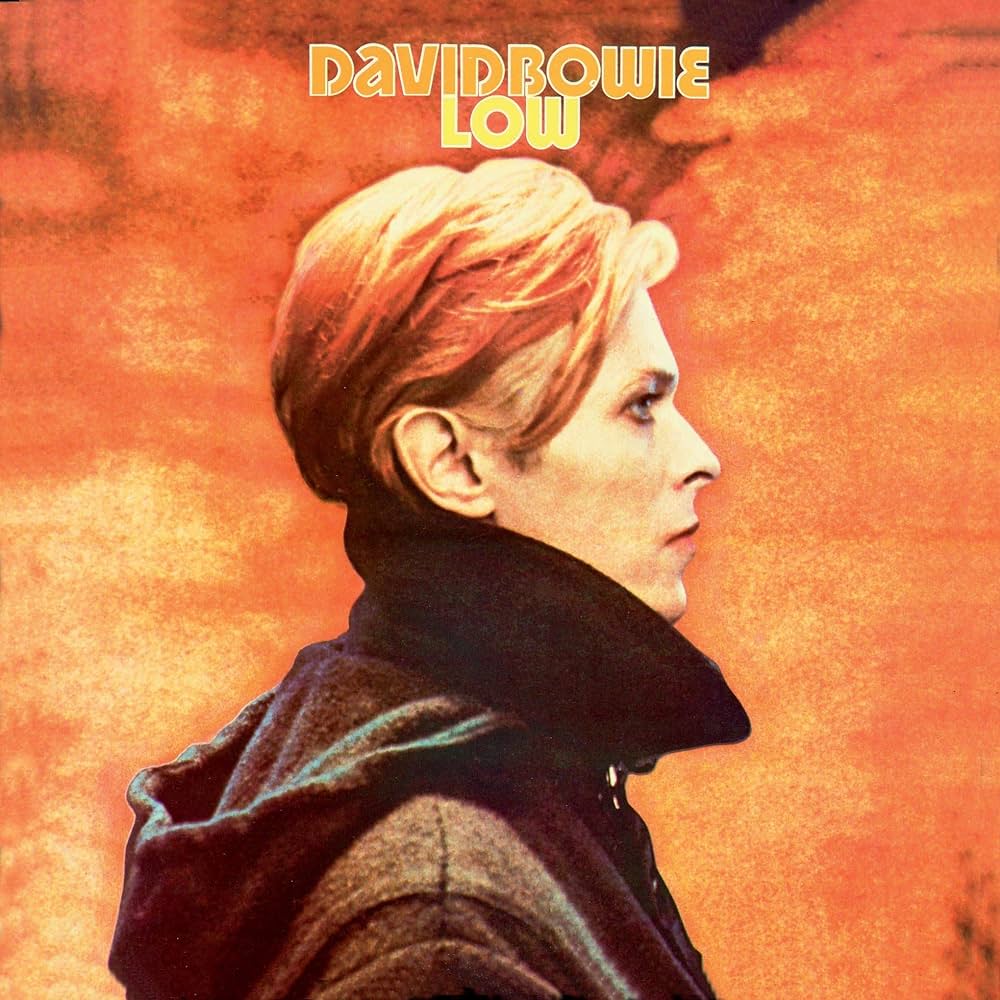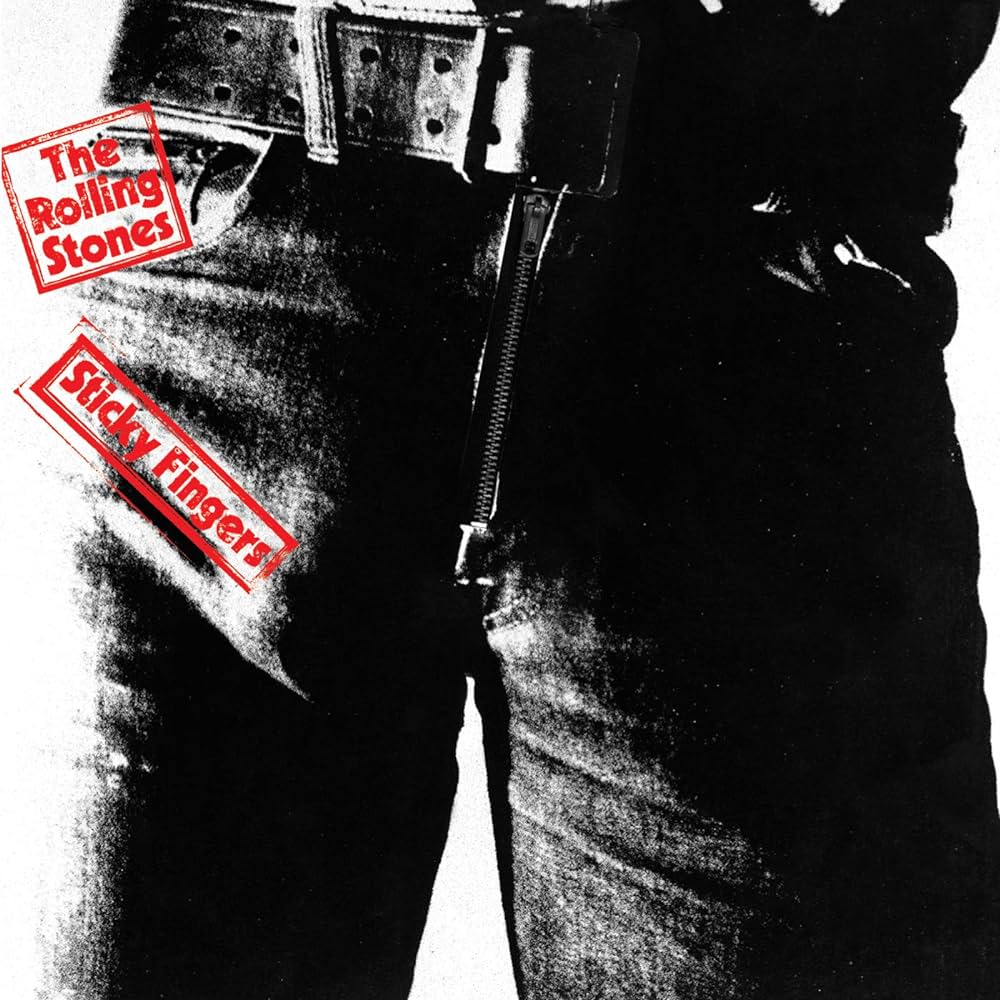









The Seventies marked a golden age for rock music, characterized by groundbreaking innovation and cultural impact. Bands like Led Zeppelin, Pink Floyd, and Queen pushed the boundaries of sound and style, creating timeless classics that defined the era. The decade witnessed the rise of album-oriented rock, fueled by iconic releases and legendary live performances. From the emergence of punk and disco to the birth of arena rock, the Seventies laid the foundation for diverse subgenres that continue to influence music today. Rock music became more than just entertainment; it became a voice for social change, tackling issues such as war, civil rights, and environmentalism. The Seventies remains an essential chapter in the history of rock, inspiring generations of musicians and fans alike.
'Rumours' captured the complexities of love, heartbreak, and relationships, resonating with audiences worldwide. Showcasing the band's unparalleled harmonies and musical versatility, earning critical acclaim and commercial success. The album not only defined the sound of the 1970s but also set a standard for excellence in rock music. Its enduring popularity and cultural impact solidify 'Rumours' as one of the greatest albums of all time.
'Paranoid' not only influenced countless metal bands that followed but also left an indelible mark on the broader rock genre, setting a new standard for intensity and innovation. Its impact continues to reverberate through music history, solidifying Black Sabbath's legacy as one of the most influential bands of all time.
'Blue' stands as a masterpiece of confessional songwriting, raw emotion, and musical innovation. Mitchell's introspective lyrics and soul-baring vocals laid bare the complexities of love, loss, and identity, resonating deeply with listeners. 'Blue' transcended traditional genre boundaries, influencing a generation of artists and establishing Mitchell as a trailblazer in folk-rock and singer-songwriter genres. Its enduring impact continues to inspire musicians and fans alike, cementing its place as a timeless classic in the annals of rock history.
Released in 1975 as a follow-up to their groundbreaking 'Dark Side of the Moon,' it continued their exploration of themes such as alienation, fame, and mental health. With tracks like the title song and "Shine On You Crazy Diamond," the album showcased Pink Floyd's signature blend of intricate instrumentation, atmospheric soundscapes, and introspective lyrics. "Wish You Were Here" not only captivated audiences with its musical brilliance but also left a profound impact on the rock genre, influencing generations of artists.
'Horses' fused poetry, punk energy, and rock 'n' roll attitude in a way never heard before. Smith's raw, visceral vocals and poetic lyrics challenged conventions. 'Horses' transcended genres, blurring the lines between punk, rock, and poetry, and cementing Smith's status as a trailblazer in the music world. Its influence continues to be felt today, making it a timeless classic in the canon of rock music.
Released in 1977 as part of his Berlin Trilogy, it showcased Bowie's innovative approach to songwriting and production. With its blend of electronic experimentation, ambient soundscapes, and avant-garde sensibilities, "Low" redefined what was possible within the rock genre. Bowie's exploration of themes like alienation and identity resonated deeply with audiences, cementing his status as a visionary artist. Alongside other seminal works like "The Rise and Fall of Ziggy Stardust and the Spiders from Mars" and "Heroes," "Low" solidifies Bowie's legacy as one of the most influential figures in rock history, inspiring generations of musicians to push artistic boundaries and embrace reinvention.
Featuring iconic tracks like "Brown Sugar" and "Wild Horses," the album blended blues, rock, and country influences with provocative lyrics and infectious rhythms. "Sticky Fingers" not only topped charts worldwide but also set a new standard for rock 'n' roll excellence, influencing countless artists across generations. Its enduring legacy cements The Rolling Stones' place in rock history as one of the most influential bands of all time.
"Led Zeppelin IV," released in 1971, stands as a monumental achievement in rock history. The album showcased Led Zeppelin's unparalleled musicianship, blending blues, folk, and hard rock with intricate songwriting and innovative production techniques. Its influence on subsequent generations of rock musicians is undeniable, making "Led Zeppelin IV" an essential cornerstone of the genre's evolution.
Harrison was able to mark his emergence as a formidable solo artist following The Beatles' breakup with this album. The triple album showcased Harrison's songwriting prowess, spiritual depth, and musical experimentation. Its sprawling yet cohesive sound, enriched by contributions from Eric Clapton and other notable musicians, solidified Harrison's legacy as a solo artist. 'All Things Must Pass' not only topped charts but also demonstrated Harrison's ability to transcend his Beatles persona and make a significant impact on the rock genre, earning its place as a timeless classic.
A pivotal album that captured the spirit of punk while transcending its boundaries. Fusing punk, reggae, ska, and rockabilly influences, the album showcased the band's musical versatility and socially conscious lyrics.'London Calling' not only energized the punk movement but also challenged the status quo of rock music.